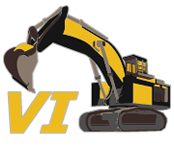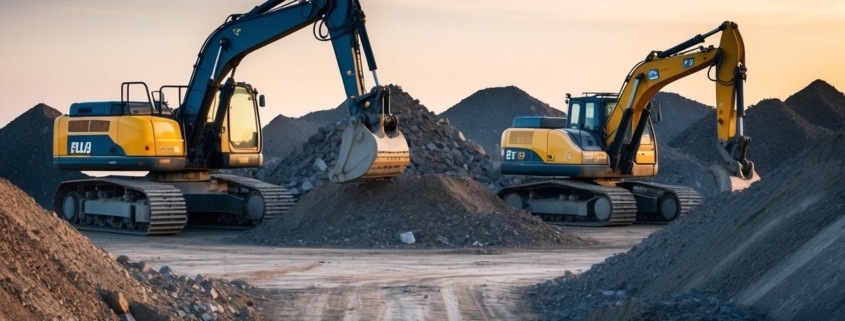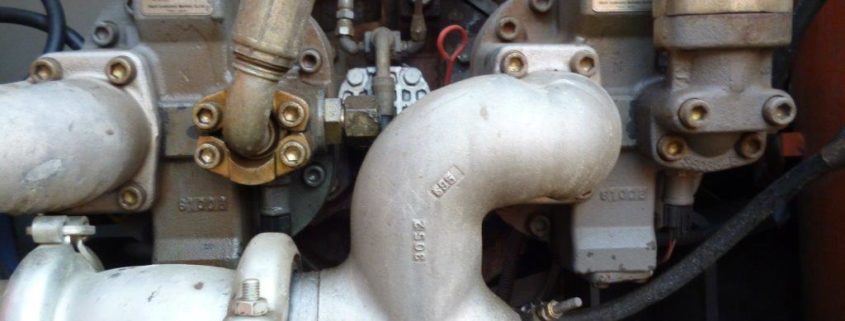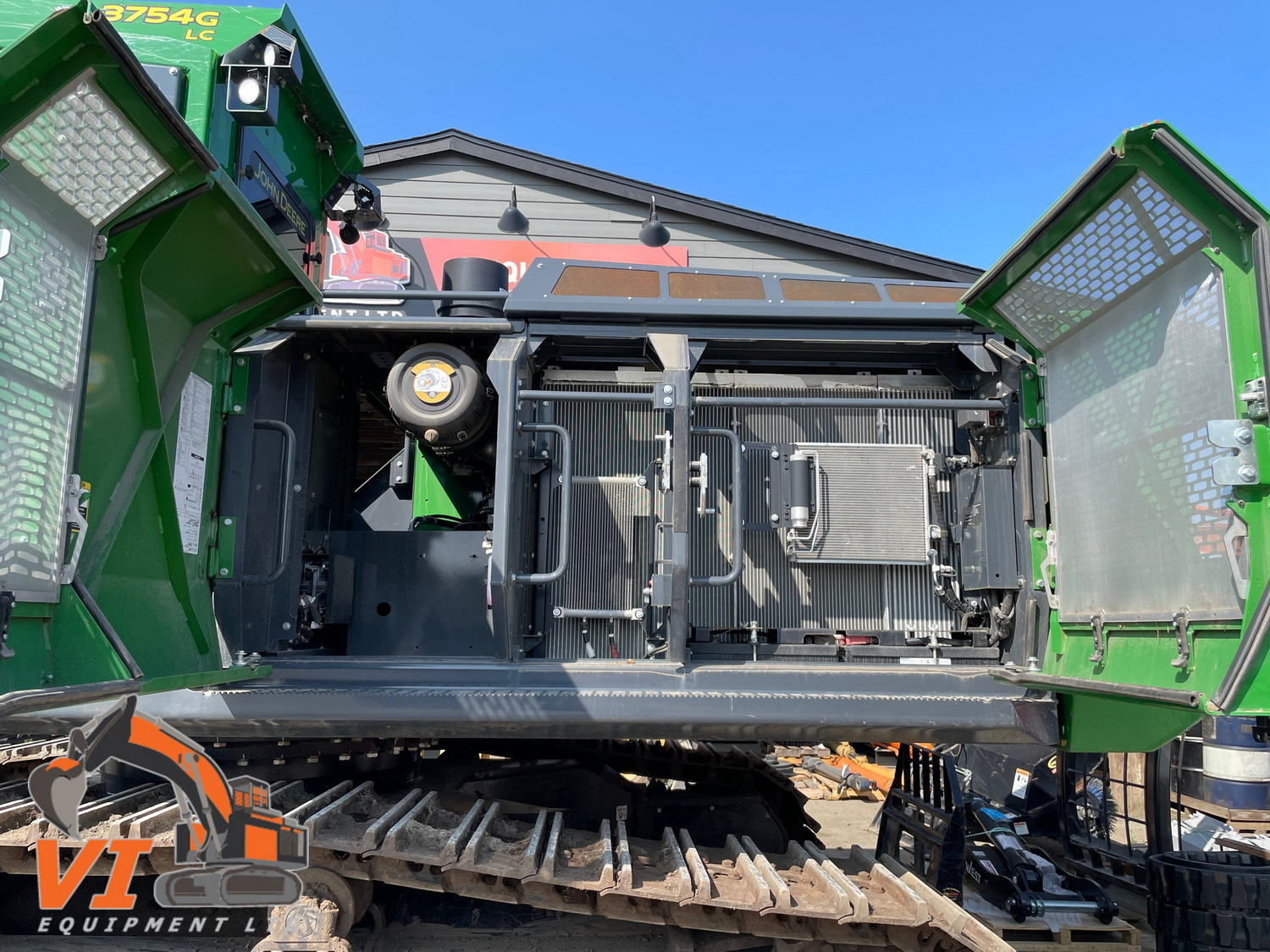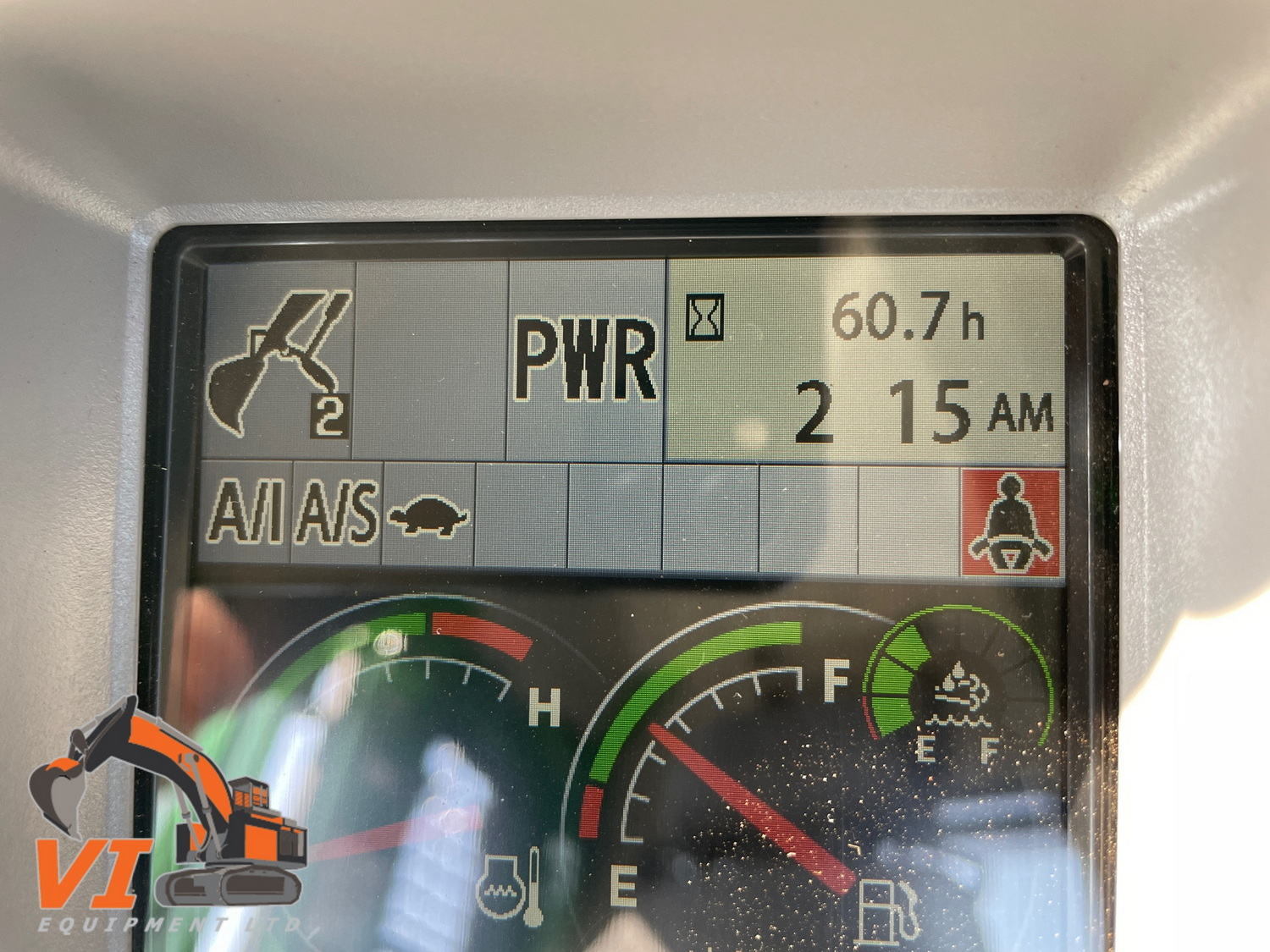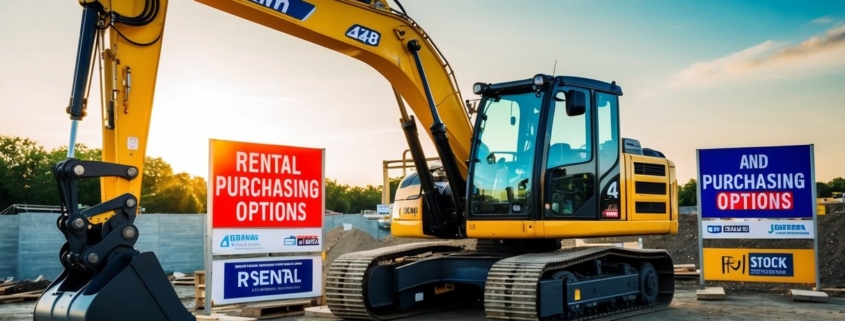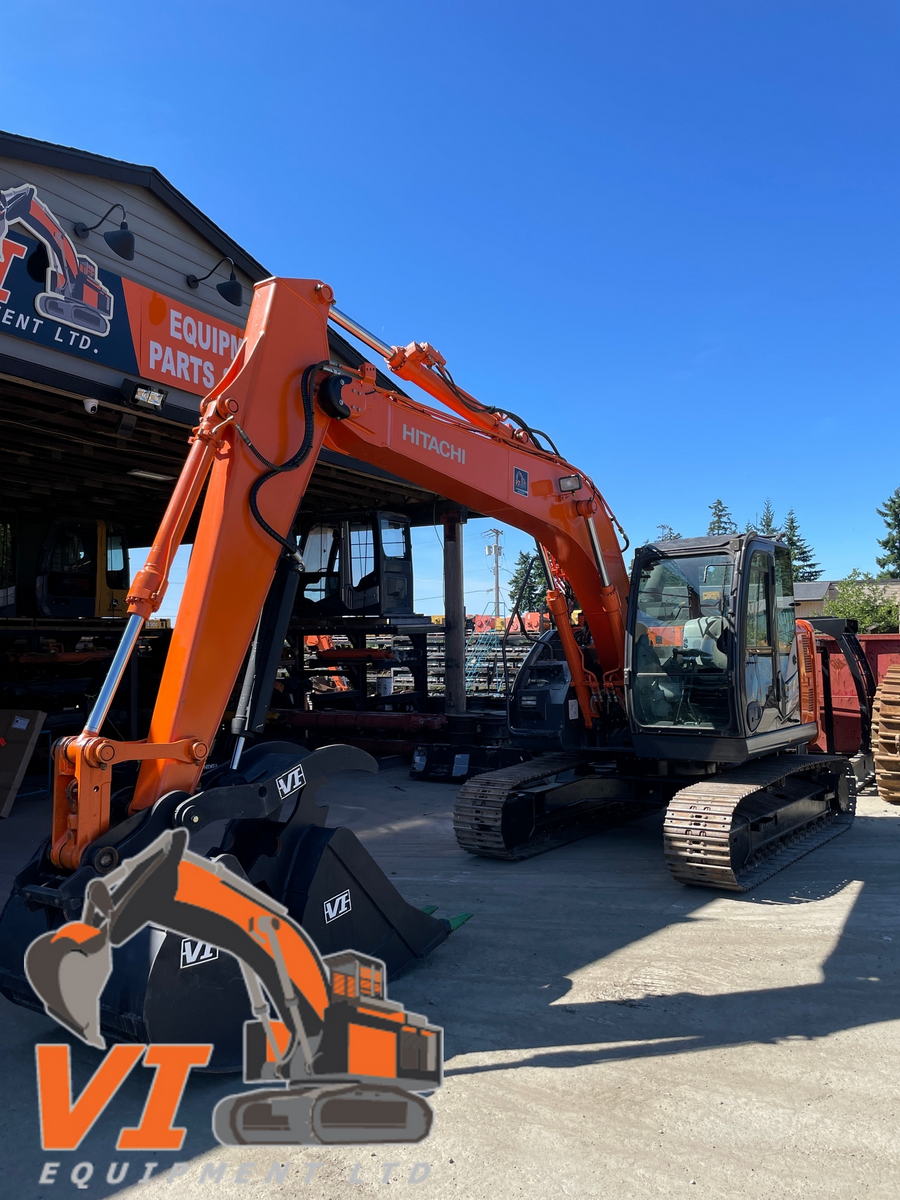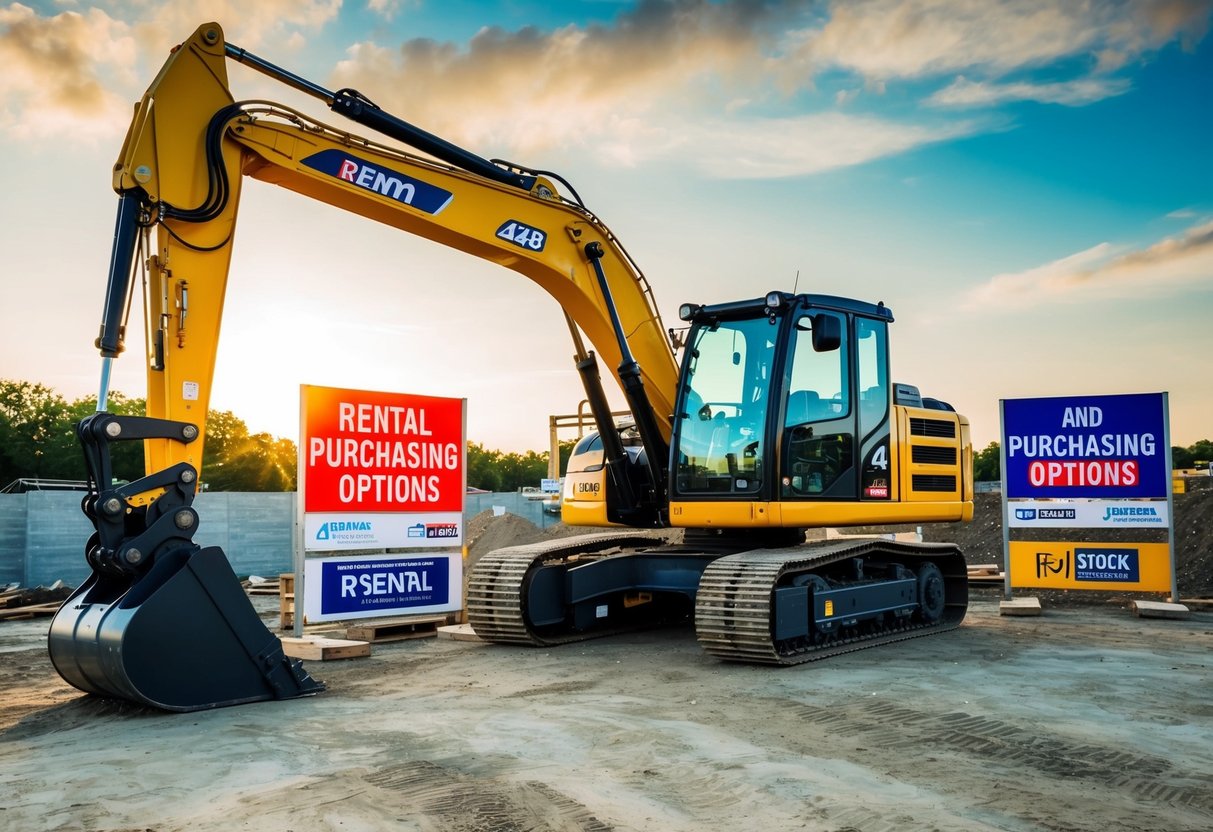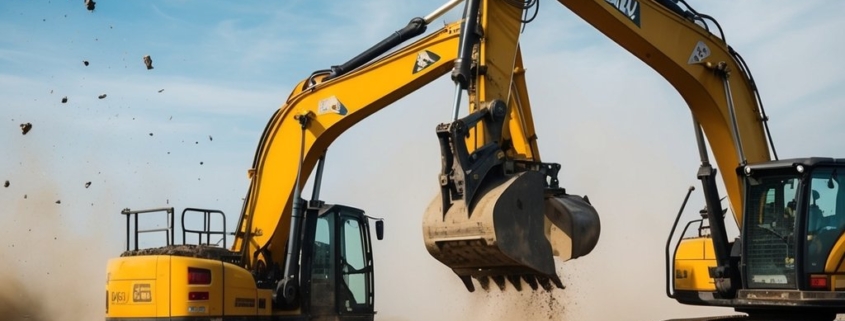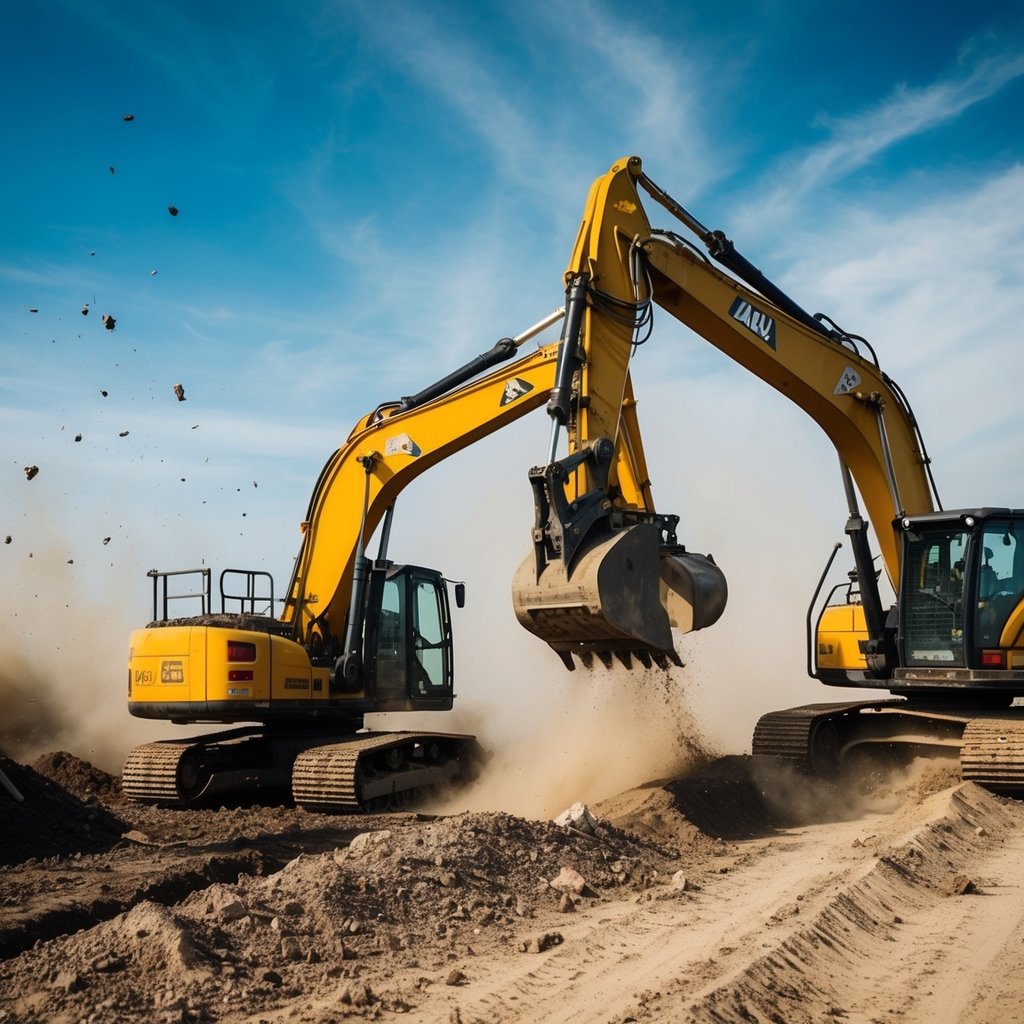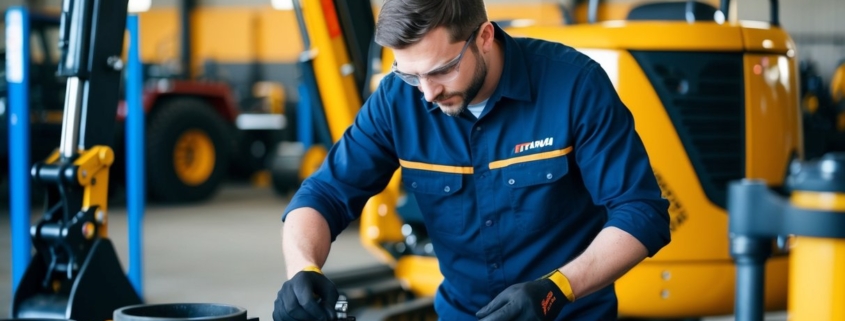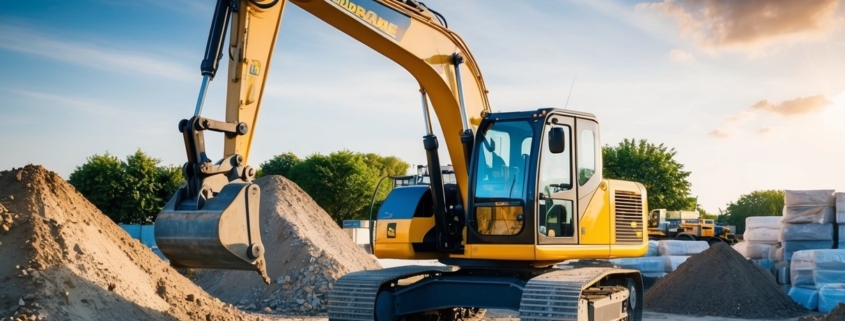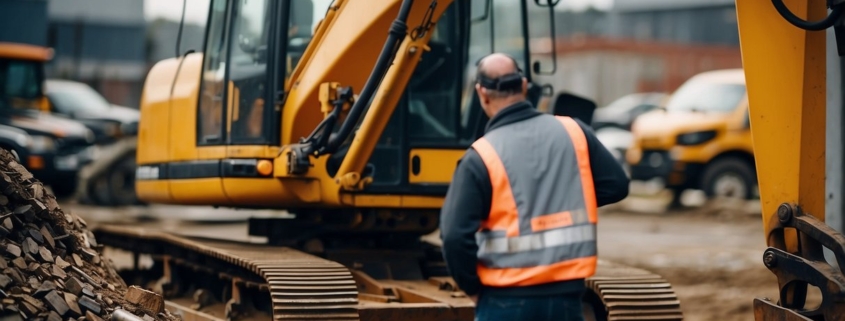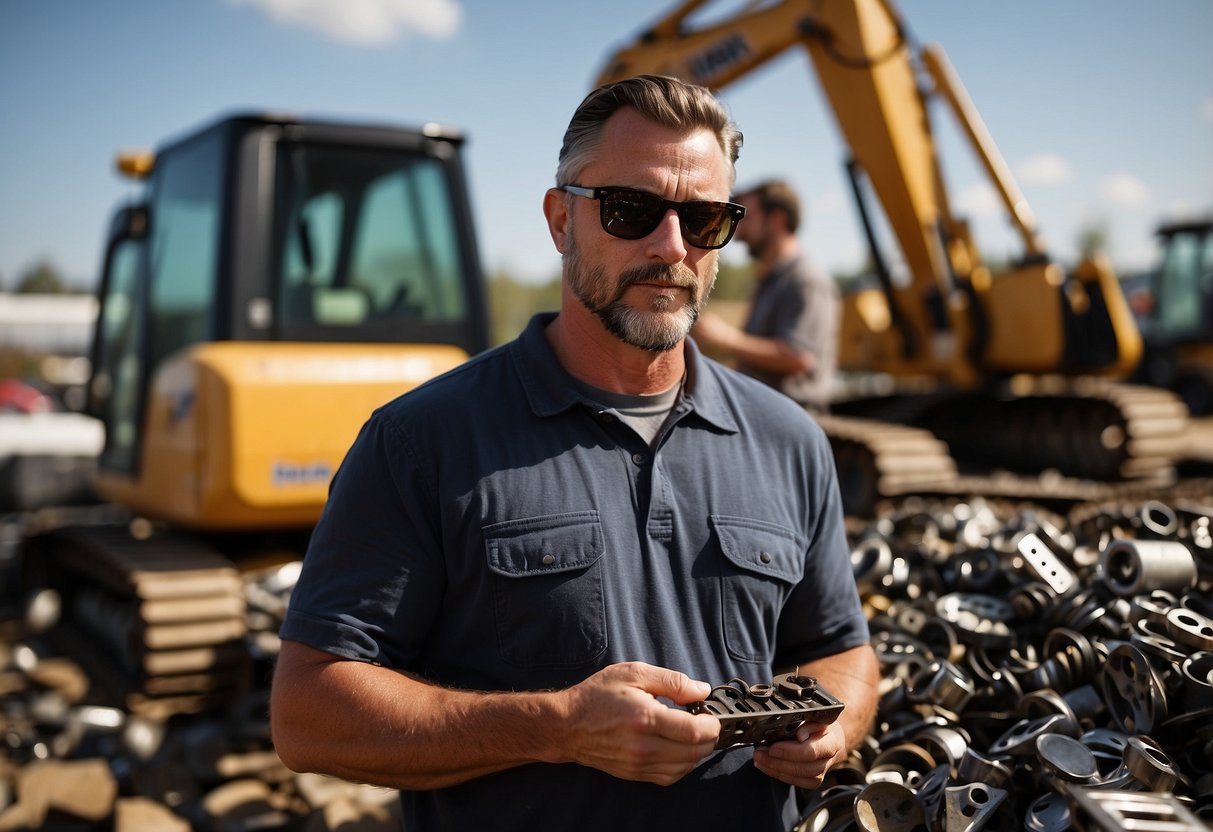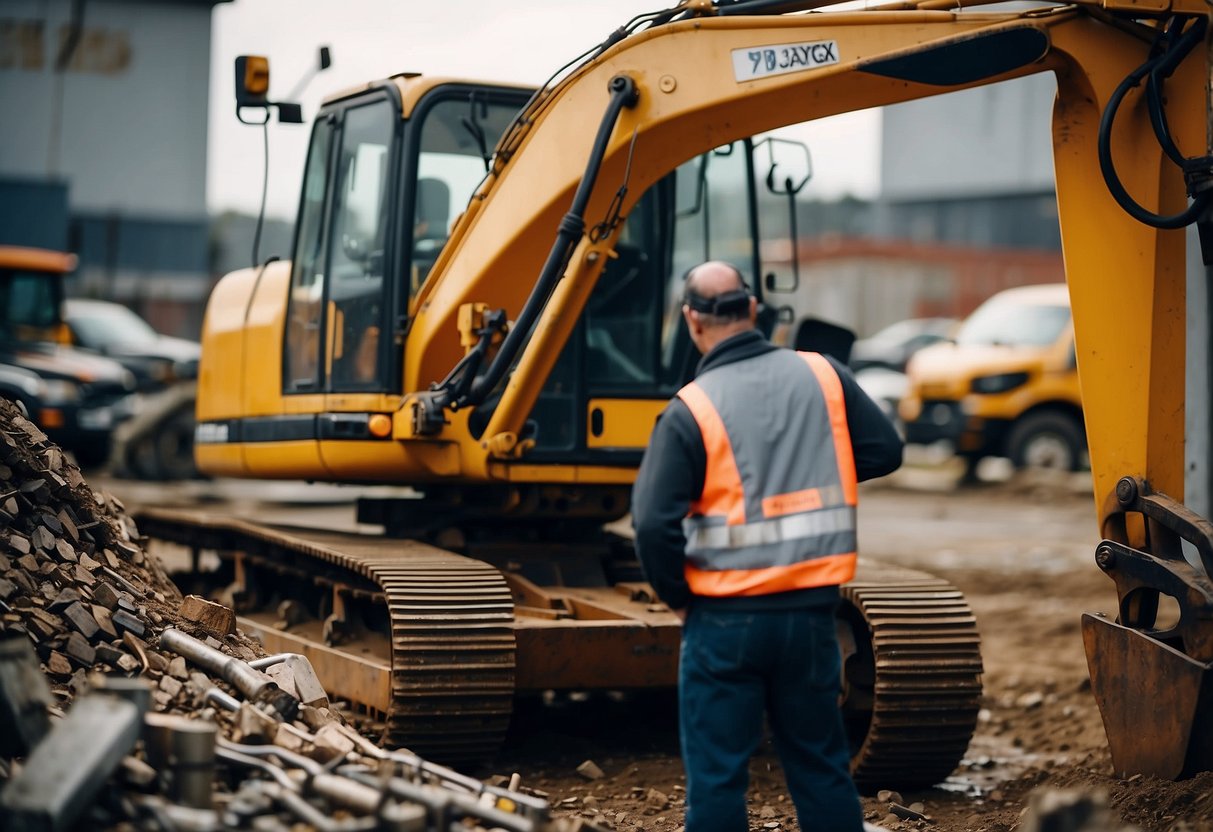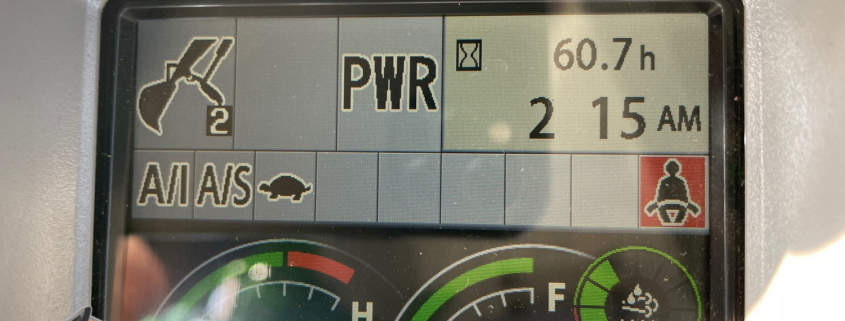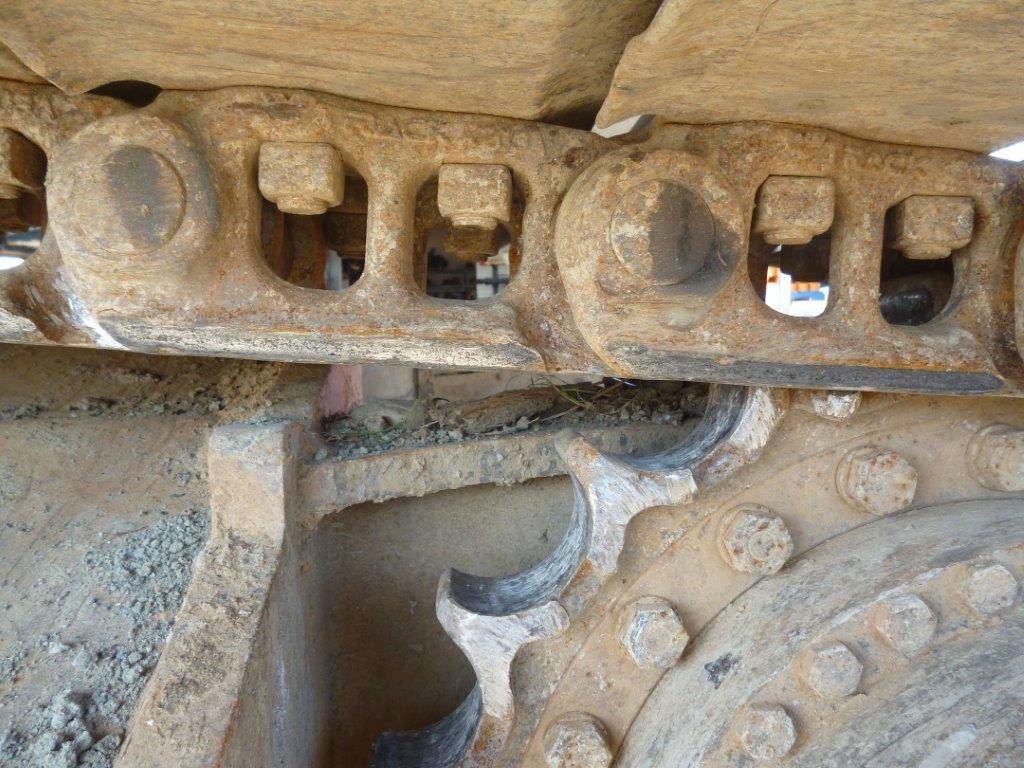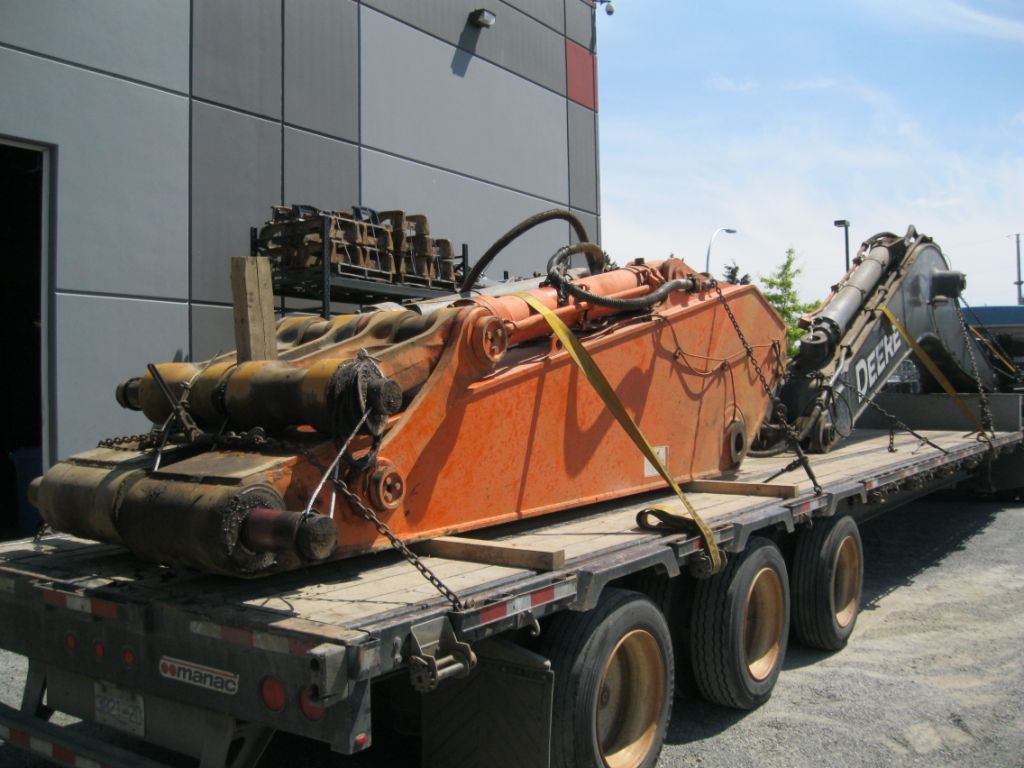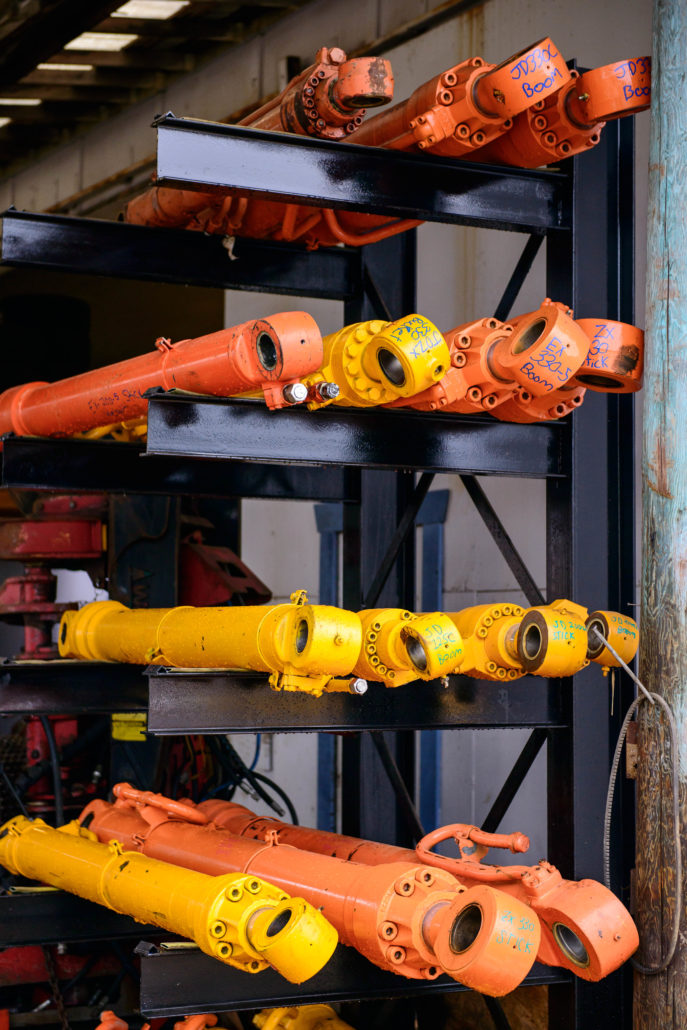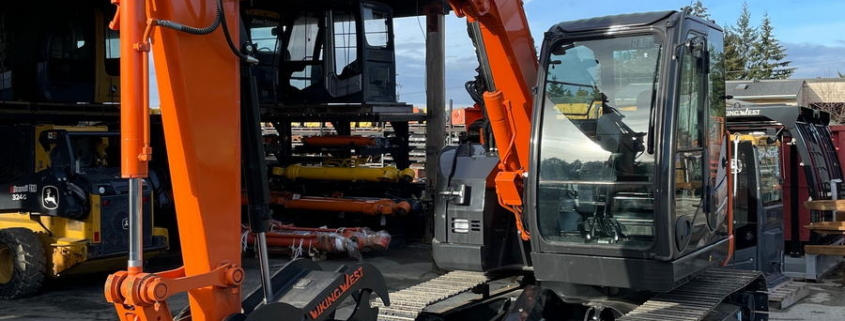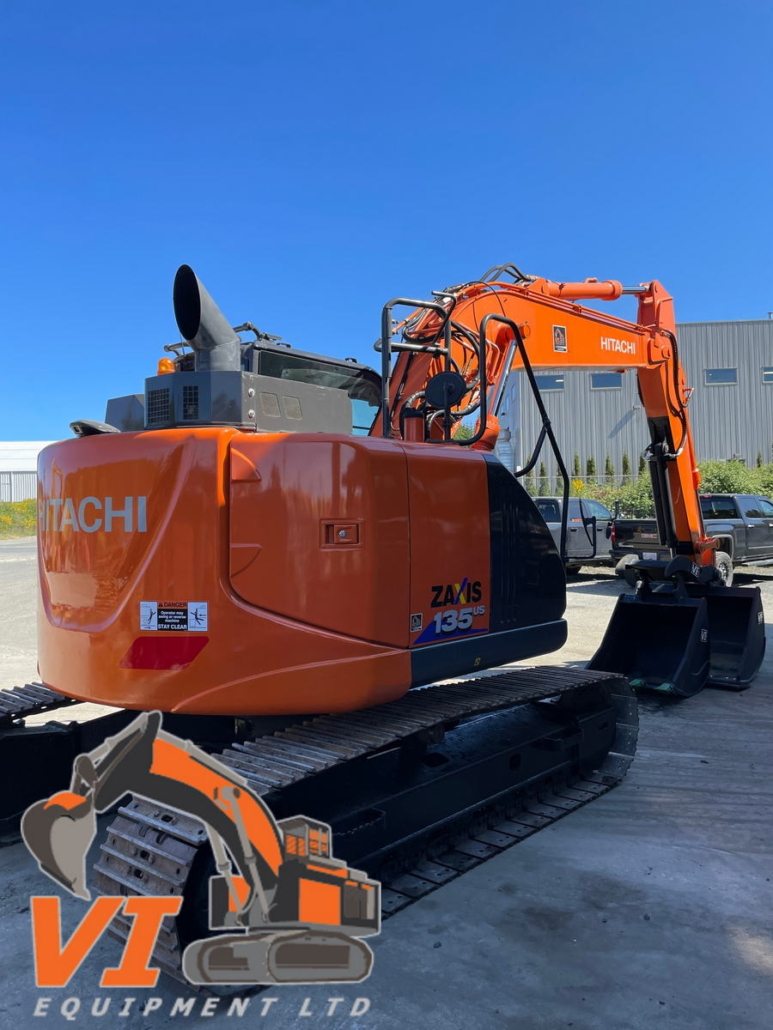Comparing Tracked vs. Wheeled Excavators: A Perfectly Practical Guide to Choosing Your Ideal Machine
When selecting the perfect excavator for your project, the choice between tracked and wheeled models can significantly impact your efficiency and success. Tracked excavators excel on soft, uneven terrain and hills, while wheeled variants shine on paved surfaces and urban environments.

Your choice should depend on your primary work environment – tracked excavators provide superior stability and weight distribution for rough terrain, while wheeled excavators offer better mobility and speed on flat, firm surfaces. European contractors frequently choose wheeled excavators due to their extensive urban development projects, demonstrating how location and typical work conditions influence equipment selection.
Wheeled excavators provide excellent manoeuvrability in tight spaces and create less ground impact, making them ideal for projects where surface preservation is essential. Their tracked counterparts are the champions of challenging landscapes where traction and stability are paramount.
Key Takeaways
- Tracked excavators provide superior stability on uneven terrain and soft ground
- Wheeled excavators excel in urban environments and can travel between job sites quickly
- Your work environment and project requirements should guide your excavator selection
Overview of Excavator Types
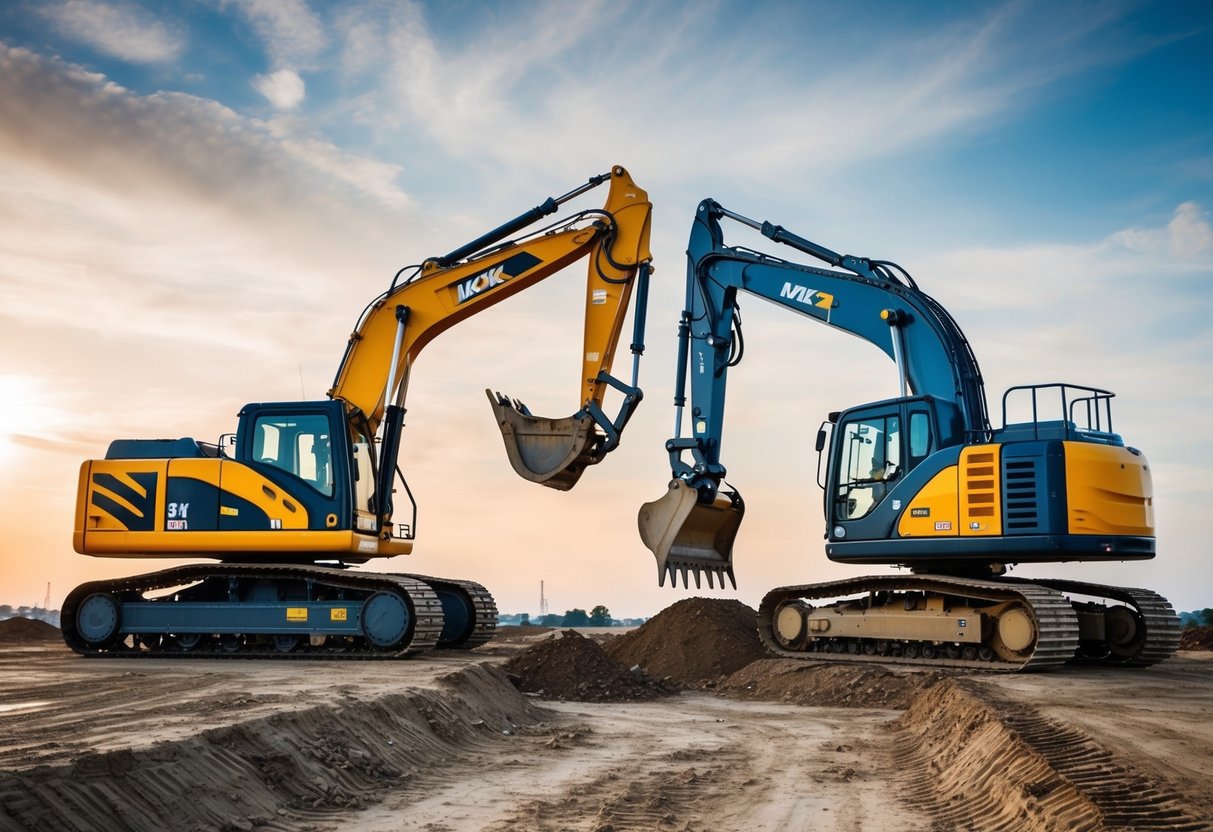
When selecting an excavator for your construction projects, the choice between tracked and wheeled models can significantly impact your productivity and efficiency.
Understanding Tracked Excavators
Tracked excavators excel on challenging terrain, offering superior stability through their wide crawler undercarriages. You’ll find these machines particularly useful when working on soft ground, uneven surfaces, or steep inclines.
The tracked design distributes weight evenly across the entire machine, giving you enhanced digging power and reduced ground pressure. Your tracked excavator will maintain a lower centre of gravity, making it perfect for heavy-duty earthmoving tasks.
These robust machines come with either steel or rubber tracks. Steel tracks offer exceptional durability and traction, while rubber tracks provide gentler operation on delicate surfaces like asphalt or concrete.
Benefits of Wheeled Excavators
Wheeled excavators provide remarkable versatility in urban construction settings. You’ll appreciate their ability to move swiftly between job sites without damaging paved surfaces.
These machines feature:
- Higher travel speeds up to 35 km/h
- Enhanced maneuverability in tight spaces
- Reduced surface damage
- Quick deployment capabilities
Your wheeled excavator comes equipped with stabilizing outriggers and a dozer blade to ensure steady operation during digging tasks.
Key Differences in Undercarriage Design
The fundamental distinction lies in how each type interfaces with the ground. Your tracked excavator’s undercarriage uses continuous track systems that excel in:
- Weight distribution
- Ground pressure reduction
- Stability on slopes
Wheeled models feature:
- Pneumatic tires for improved road travel
- Articulating axles for enhanced mobility
- Stabilizing systems for operational security
The undercarriage design directly influences your machine’s mobility, stability, and operational capabilities across different work environments.
Economic Considerations
Making the right choice between tracked and wheeled excavators requires careful financial planning. The equipment selection impacts both immediate expenses and long-term financial outcomes.
Operating Costs and Budgeting
Your daily operating expenses will vary significantly between tracked and wheeled excavators. Tracked models typically consume more fuel due to their heavier weight and greater friction.
Maintenance costs deserve special attention. Tracks require replacement every 1,500-2,000 hours, while tyres can last 3,000-4,000 hours with proper care.
Daily Operating Expenses to Consider:
- Fuel consumption
- Operator wages
- Regular maintenance
- Tyre or track replacement
- Insurance costs
Initial Investment and Rental Opportunities
Wheeled excavators cost 15-20% more than tracked models with similar specifications.
For occasional projects, renting might be your smartest option. A 14-tonne wheeled excavator typically costs $140,000 to purchase, while tracked alternatives range from $25,000 to $330,000.
Rental Considerations:
- Daily rates vary by region
- Weekly rentals offer better value
- Monthly contracts provide maximum savings
- Insurance is often included
- Maintenance is typically covered
